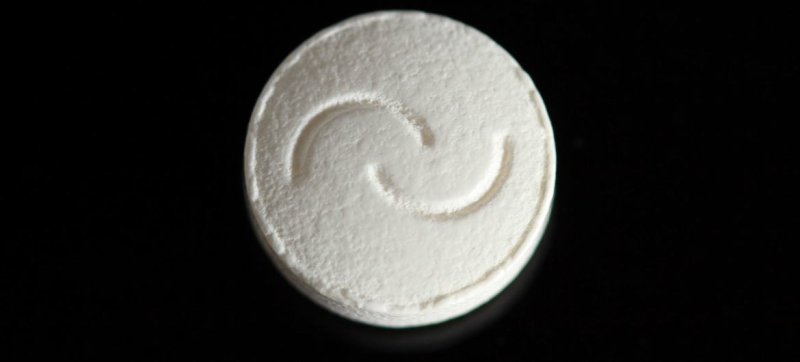- CA Yunus pays homage to Liberation War martyrs on Victory Day |
- Bangladesh capital market extends losing streak for second day |
- Bangladesh celebrates Victory Day Tuesday |
- 'Different govts presented history based on their own ideologies': JU VC |
Syria’s Captagon trade persists despite Assad’s fall

Captagon is the most commonly abused illicit drug in the Gulf States.
When Bashar Al-Assad ruled Syria, his regime was widely accused of profiting from the production and trafficking of Captagon, an illicit synthetic drug most commonly abused in the Middle East.
Despite the current government’s opposition to the trade, the country remains a hub for the production and distribution of the drug.
During Syria’s long-running civil war, the Assad regime faced sanctions and diplomatic isolation. The Captagon trade is believed to have generated billions of dollars for Assad and his allies.
The country’s stance shifted significantly after Assad’s fall in December 2024 and the rise of a transitional government led by members of the Islamist group HTS, comprising representatives of various Syrian ethnic groups. The new administration pledged to disrupt the drug supply chain and has publicly destroyed large quantities of seized Captagon.
However, the latest World Drug Report, released by the UN Office on Drugs and Crime (UNODC) on 26 June, warns that Syria remains a major centre for Captagon production and trafficking despite the crackdown.
Ahead of the report’s launch, Angela Me, Chief of Research and Analysis at UNODC, spoke to UN News about the continued prevalence of Captagon in the region.
Angela Me: Captagon is a stimulant, similar to methamphetamine, taken in pill form. For many years, it has been the main drug of concern in the Gulf states and parts of North Africa.
It was dubbed the “Jihadi pill” after some terrorist attackers were found to have used it. On the battlefield, it helps maintain energy, which partly explains its widespread use. However, users quickly become dependent, and it causes serious physical and mental health problems.
UN News: The transitional Syrian government claims to oppose the trade, but your report shows Syria is still a key hub. Who is producing and selling it?
Angela Me: There’s a lot of uncertainty. We’re seeing large shipments still leaving Syria, for example, through Jordan. It’s possible that existing stockpiles are being moved, but production locations may also be shifting. We’re also witnessing regional expansion in trafficking — for instance, labs have been found in Libya.
UN News: Given the drug trade’s profitability, are there still groups in Syria willing to continue the business in the areas they control?
Angela Me: Definitely — not just in Syria but across the region. These groups have long managed the Captagon trade, and dismantling it won’t happen overnight.
We’re supporting countries to tackle this from an organised crime perspective, helping them understand the networks involved so they can build effective responses. Our research shows there’s no single solution.
We’re also helping law enforcement connect regionally, as this is a transnational problem that extends beyond the Middle East — Captagon trafficking has been reported through Europe, for example.
Additionally, we support health-related interventions, offering evidence-based treatments to help people recover from dependence.

